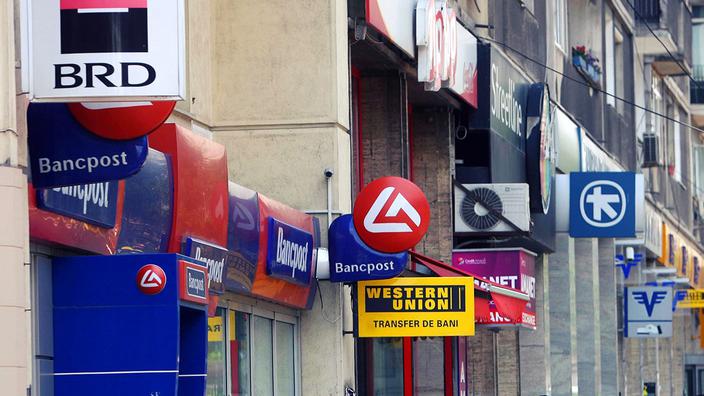ING sparked heated debates in the public space after several customers claimed that the bank had blocked their accounts. Customers who refused or provided data deemed incomplete by the bank woke up with blocked accounts, they say, without any notification.
UPDATE July 16, 17.45: In a reaction sent by playtech.ro, ING claims that any closure of the account is done only with prior notice. Here is the bank's official view:
The relationship between customers and banks in Romania is often complicated. Many citizens do not have legal knowledge, and the terminology used by these institutions is difficult to understand.
Hence the problems, but also the misunderstandings.
Recently, several ING customers claim that the bank asked them to justify the origin of the money. Those who refused woke up with their accounts closed, according to their own testimony reported by Libertatea. In its reply, ING defends itself and claims that it is merely complying with European law, which would require it.
It is possible, however, that both sides are right. It is certainly a meaningful debate.
Are banks allowed for ING to ask you about the money in the account?
The debate started with ING because some of the bank's customers complained about this interrogation. One of them claims that the bank called him to see what his financial situation was and what he was doing with the money.
He flatly refused to provide such details, considering them an interference in his private life. A few months after the conversation, he found that the bank had closed his account.

No notification.
Another customer who refused to say where he got his money from found himself blacklisted and no longer allowed to be an ING customer for 5 years.
How to defend the bank
ING claims that it is not doing anything illegal, but instead requests these details under a European directive that obliges financial institutions to update their customer data. This is Directive (EU) 2015/849.
Its ultimate goal is to combat money laundering and terrorist financing. Data update information has been sent to customers for some time.
Those who do not update this data risk closing their accounts.
The law was also transposed into local legislation: law 129/2019.
Briefly about the law: banks and financial services (like Revolut) are obliged to investigate any suspicious transaction and, implicitly, block it if there are any suspicions. Obviously, I can't do this manually, so they created automated systems. And they work within certain limits, according to some parameters and can also block honest accounts.
At the same time, financial institutions can request almost any kind of documents to justify transactions and money. I mean, what's going on at ING now? I can even ask for details about relationships with certain people. All these checks are covered by the law under the umbrella "Know your customer".
A directive that does not take into account the GDPR
However, the European directive referred to by the bank is in conflict with the GDPR - European Data Protection Regulation. The GDPR allows customers to request the deletion of data (the right to be forgotten), and the directive would oblige banks to keep that database, including the blacklist I told you about above.
According to the regulation, banks must obtain from customers:
Dan Suciu, BNR spokesman, says that all bank customers must comply. If the information requested is based on the directive, then it has nothing to do with the source of the money.
